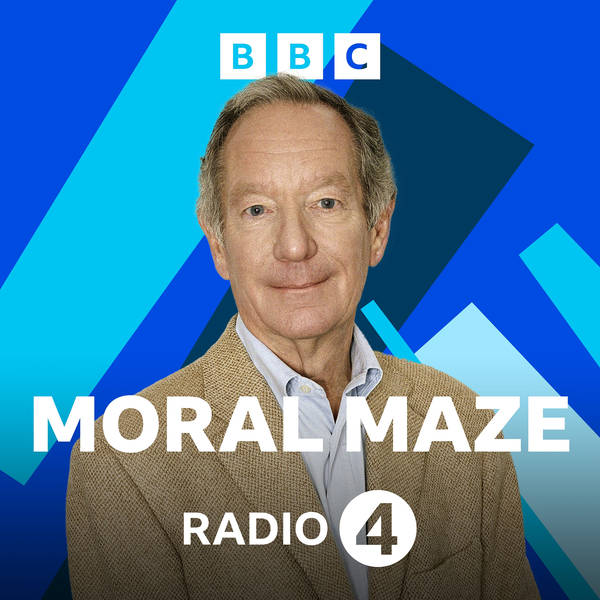
Social Integration
Do we have a moral duty to make friends with people of different races, social backgrounds and sexuality? The London mayor, Sadiq Khan, is warning that a lack of social integration in the UK is costing our economy about £6bn and he says the answer lies in our own hands. Talking at an international conference on the issue he said "Promoting social integration is a matter for everyone, for every citizen of our cities. It means ensuring that people of different faiths, ethnicities, sexualities, social backgrounds and generations don't just tolerate one another or live side by side but meet, mix and forge relationships as friends and neighbours as well as citizens." London is said to be one of the most ethnically diverse cities in the world, with over 300 languages spoken in it and more than 50 non-indigenous communities with a population of more than 10,000. Yet even there it's clear that some groups choose to settle in areas where there are already a high proportion of people from the same background. Go outside London and that effect is even more pronounced. At a time when social polarisation is an issue in many communities, is it time to see social integration not only as a policy priority but also a personal moral imperative? Should it be as unacceptable to admit to having a mono-cultural social network as to admit being prejudiced? Or is this the kind of PC interference in our lives which fires public resentment and actually encourages division by fostering identity politics? Combative, provocative and engaging debate chaired by Michael Buerk. With Michael Portillo, Mona Siddiqui, Anne McElvoy and Matthew Taylor. Witnesses are Ludi Simpson, Jon Yates, Jemma Levene and James Delingpole.
